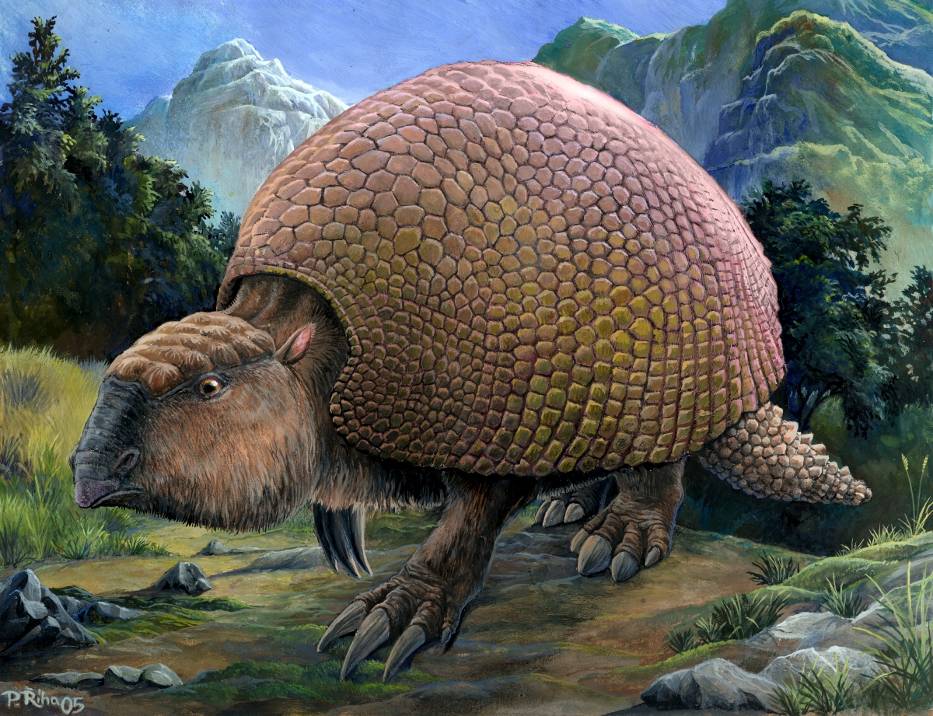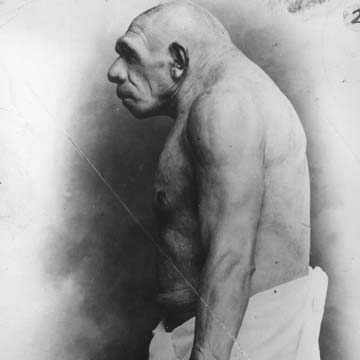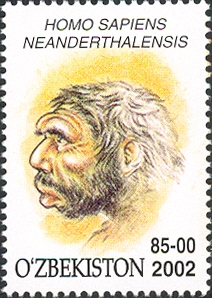Human ambitions are deadly, perhaps for ourselves, and certainly for other species. But did our mere presence, even before industrialization and digitalization and globalization, kill off some of the planet’s most impressive creatures? The opening of Robin McKie’s Guardian piece, “What Killed Off the Giant Beasts – Climate Change or Man?“:
“They were some of the strangest animals to walk the Earth: wombats as big as hippos, sloths larger than bears, four-tusked elephants, and an armadillo that would have dwarfed a VW Beetle. They flourished for millions of years, then vanished from our planet just as humans emerged from their African homeland.
It is one of palaeontology’s most intriguing mysteries and will form the core of a conference at Oxford University this week when delegates will debate whether climate change or human hunters killed off the planet’s lost megafauna, as these extinct giants are known.
‘Creatures like megatherium, the giant sloth, and the glyptodon, a car-sized species of armadillo, disappeared in North and South America about 10,000 years ago, when there were major changes to climates – which some scientists believe triggered their extinctions,’ said Yadvinder Malhi, professor of ecosystem science at Oxford, one of the organisers of the conference, Megafauna and Ecosystem Function.
‘However, it is also the case that tribes of modern humans were moving into these creatures’ territories at these times – and many of us believe it is too much of a coincidence that this happened just as these animals vanished. These creatures had endured millions of years of climate change before then, after all. However, this was the first time they had encountered humans.'”



